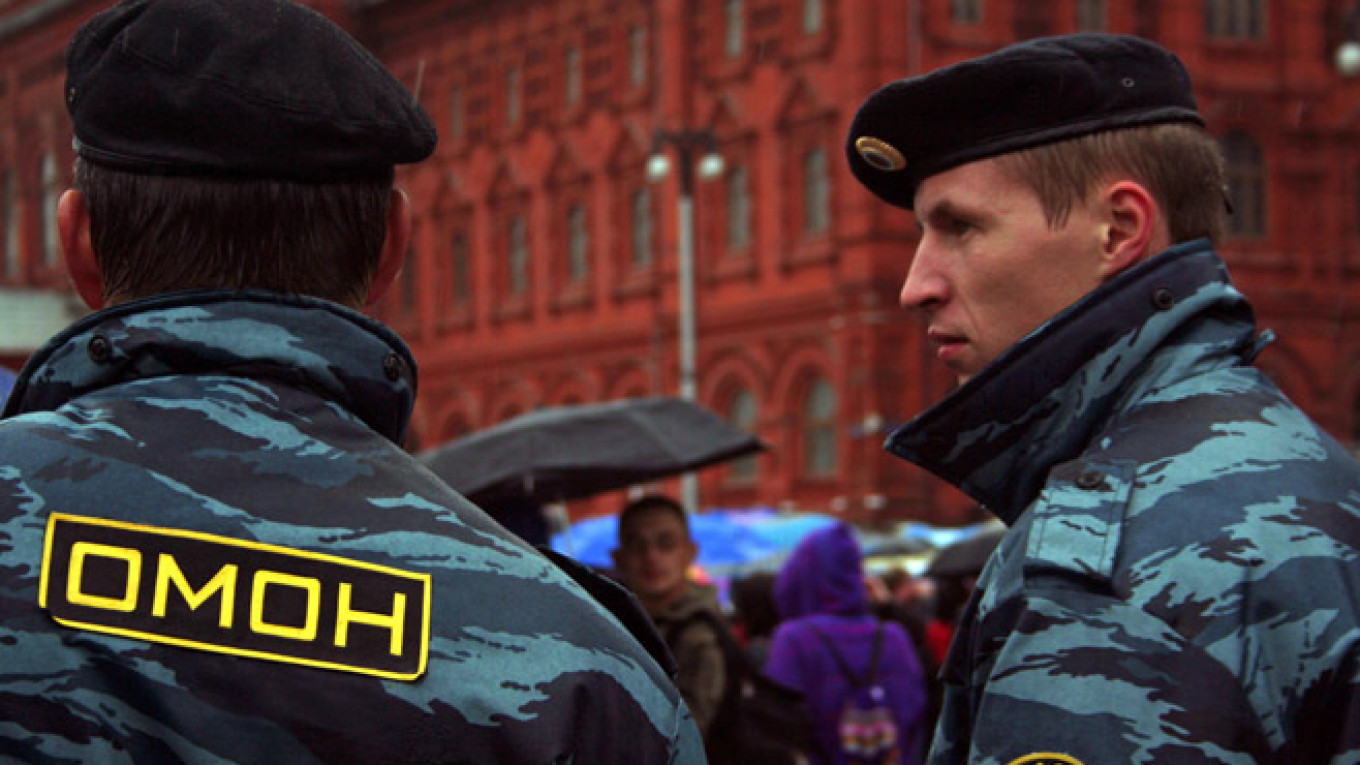Minorities have always faced a common danger at all times and in all countries: If your nationality, skin color, sexual orientation, political views or artistic tastes differ in some way from the norm, the majority might seek to impose its values, attitudes and tastes on you by force.
But a strange phenomenon has recently appeared in Russia — a fear of the majority, by the majority. Judging from a series of new laws that legislators have proposed and passed and by the actions of the executive authorities, the majority of Russian citizens fear and distrust themselves.
It has become illegal in Russia to agitate for the secession of any part of the country, use swear words, or discuss certain historical subjects — and that is only a sampling of everything that lawmakers want to forbid. In my opinion, this is just weird: we need to stop fearing everything.
We must stop fearing that separatist politicians will raise the call for their region or republic to secede from Russia. Why is that Canada, Spain and England are not overwhelmed by such fears? If it is a good and strong country, is it so terrible for someone to call for secession and even hold a referendum?
We must stop fearing that occasionally uttering unseemly words will lead to the breakdown of Russian society. The fact that readers may see a rude word in print will not turn them into immoral individuals. In the same way, teenagers will not engage in sex more often simply because someone explains to them how to use a condom.
We must stop fearing the fact that one academic compared President Vladimir Putin to Adolf Hitler. If someone thinks the comparison is fitting, discuss or disprove the idea on its merits.
Why should we fear discussion and debate? In the last 30 years, much information about World War II has come to light showing that Russia allied with Germany until 1941 and detailing Russia's heavy losses in 1942, but does that make the final war victory any less meaningful?
One example of this overriding fear deserves a closer look. It seems the Moscow authorities are very worried that candidates supported by anti-corruption whistleblower Alexei Navalny might win seats in the Moscow City Duma.
One way to cope with fear is to imagine the worst case scenario so that all of the other, more likely scenarios, look attractive by comparison. For the Moscow authorities, the worst-case scenario is if pro-Navalny candidates won in every city district.
Never mind that Navalny himself could never secure such an overwhelming victory: the fact is, that is what the authorities fear most. But would it really be the nightmare they imagine?
Obviously, it would force Moscow Mayor Sergei Sobyanin to negotiate with the Moscow Duma on a whole range of issues. His deputies would no longer have carte blanche to do as they please, they would all have to account for their actions before the public, and so on.
Is that difficult? Yes. Is it somewhat unpleasant? Yes. Is it frightening — so frightening that the authorities feel it necessary to hold Navalny under house arrest and fabricate ever more ridiculous criminal charges against his associates? No, of course not. The authorities could easily afford to play by the normal rules of politics when dealing with Navalny without having to pretend that they are somehow "under siege."
For its part, the self-confident majority of Russian citizens has nothing to fear.
Konstantin Sonin, a columnist for Vedomosti, is professor of economics and vice rector at the Higher School of Economics in Moscow.
A Message from The Moscow Times:
Dear readers,
We are facing unprecedented challenges. Russia's Prosecutor General's Office has designated The Moscow Times as an "undesirable" organization, criminalizing our work and putting our staff at risk of prosecution. This follows our earlier unjust labeling as a "foreign agent."
These actions are direct attempts to silence independent journalism in Russia. The authorities claim our work "discredits the decisions of the Russian leadership." We see things differently: we strive to provide accurate, unbiased reporting on Russia.
We, the journalists of The Moscow Times, refuse to be silenced. But to continue our work, we need your help.
Your support, no matter how small, makes a world of difference. If you can, please support us monthly starting from just $2. It's quick to set up, and every contribution makes a significant impact.
By supporting The Moscow Times, you're defending open, independent journalism in the face of repression. Thank you for standing with us.
Remind me later.








